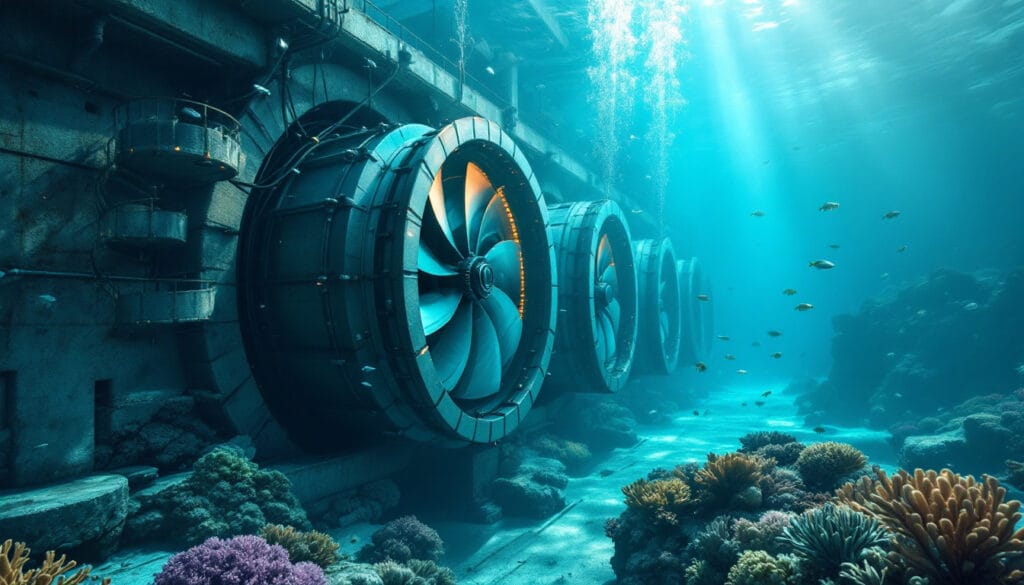The IPCC, or Intergovernmental Panel on Climate Change, is the global reference for assessing knowledge on climate change. Since its creation in 1988, this organization brings together contributions from hundreds of scientists worldwide, including in France, to analyze the causes and impacts of global warming, while identifying possible solutions to mitigate its effects. The IPCC reports are indispensable tools for decision-makers and civil society, informing international negotiations and highlighting the scientific foundations that underpin climate policies. Their rigorous development offers a synthesis of current knowledge, making accessible a collective expertise built around climate challenges.
The Intergovernmental Panel on Climate Change (IPCC) constitutes an essential international scientific authority in assessing climate change. Established in 1988 by two United Nations institutions, this organization contributes to a comprehensive understanding of climate phenomena through scientific advancements.
For over three decades, the IPCC has been evaluating the state of knowledge regarding climate evolution, as well as the associated causes and impacts. It also identifies ways to limit global warming and mitigate its negative effects. The operation of the IPCC relies on collaboration between governments, scientists, and international experts.
Structured around three working groups and a special team, the IPCC operates by assessing various aspects of climate change. Working Group 1 focuses on scientific aspects, while Working Group 2 examines the vulnerability of socio-economic systems and possibilities for adaptation. Finally, Working Group 3 proposes solutions for reducing greenhouse gas emissions. The special team, on the other hand, develops methodological guides for national greenhouse gas inventories.
The scientific output of the IPCC forms the foundation of international negotiations on climate, particularly under the auspices of the United Nations Framework Convention on Climate Change (UNFCCC). One of the unique aspects of the IPCC is the inclusivity of its reports, which actively involve member states of the organization. These reports, while designed to be politically relevant, are not prescriptive in terms of policies (policy relevant, but not policy prescriptive).
The process of developing IPCC reports is systematic and comprehensive. It involves multiple levels of contribution, from co-chairs to lead authors, as well as contributors and review editors. This process goes through successive stages marked by thorough reviews to ensure optimal quality and reliability of the information provided.
IPCC reports, with an impressive length of up to 3,000 pages, condense thousands of studies and take into account tens of thousands of comments from specialists and governments. These reports generally include chapters detailing scientific, technical, and methodological assessments, accompanied by a summary for policymakers.
In France, several hundred scientists contribute to the work of the IPCC, participating in every phase of the report development. National coordination is ensured by the General Secretariat for Sustainable Development, under the authority of the Ministry of Ecological Transition and Territorial Cohesion.
The IPCC operates with an annual budget of around 6 million euros, for which voluntary contributions from member states are essential. France, for example, allocates an annual budget of one million euros spread across various ministries to support the activities of the IPCC.
To delve deeper into understanding climate governance and the vital role of the IPCC in the fight against climate change, consult these resources: Understanding Climate Governance and The Crucial Role of the IPCC in the Fight Against Climate Change.

“`html
FAQ about the IPCC: An Essential Guide
Q: What is the IPCC?
A: The IPCC, or Intergovernmental Panel on Climate Change, is an organization that synthesizes scientific, technical, and socio-economic knowledge on climate change. It was created in 1988 by the United Nations.
Q: What is the mission of the IPCC?
A: The mission of the IPCC is to objectively and methodically assess scientific information related to climate change, identify the causes and possible impacts, and provide solutions to limit warming.
Q: Who contributes to the IPCC reports?
A: World-renowned scientists, experts, and research teams from many countries voluntarily work to develop the IPCC reports.
Q: How does the IPCC participate in international climate negotiations?
A: The IPCC provides the scientific basis that feeds into international climate negotiations, such as those held under the auspices of the United Nations Framework Convention on Climate Change (UNFCCC).
Q: What is the internal structure of the IPCC?
A: The IPCC consists of a general assembly, an executive bureau, specialized working groups, and a special team for national greenhouse gas inventories. The secretariat is based in Geneva, Switzerland.
Q: What publications are produced by the IPCC?
A: The IPCC publishes assessment reports, special reports on specific themes, methodological reports, and technical documents. These publications are essential for developing strategies for adaptation and mitigation of climate impacts.
Q: How are the IPCC activities financed?
A: The annual budget of the IPCC is about 6 million euros, financed voluntarily by its member states. France, for example, contributes one million euros per year.
Q: What are the steps in the preparation of an IPCC report?
A: The preparation of a report includes phases such as the decision to develop, the nomination of authors, the writing of the draft report, reviews by specialists and governments, and the final adoption word for word in plenary session.
Q: What role do states play in the IPCC process?
A: States only participate in the final phase of validating the summaries for policymakers, ensuring that these reports are politically relevant but not prescriptive.
Articles similaires
Thank you!
We will contact you soon.













